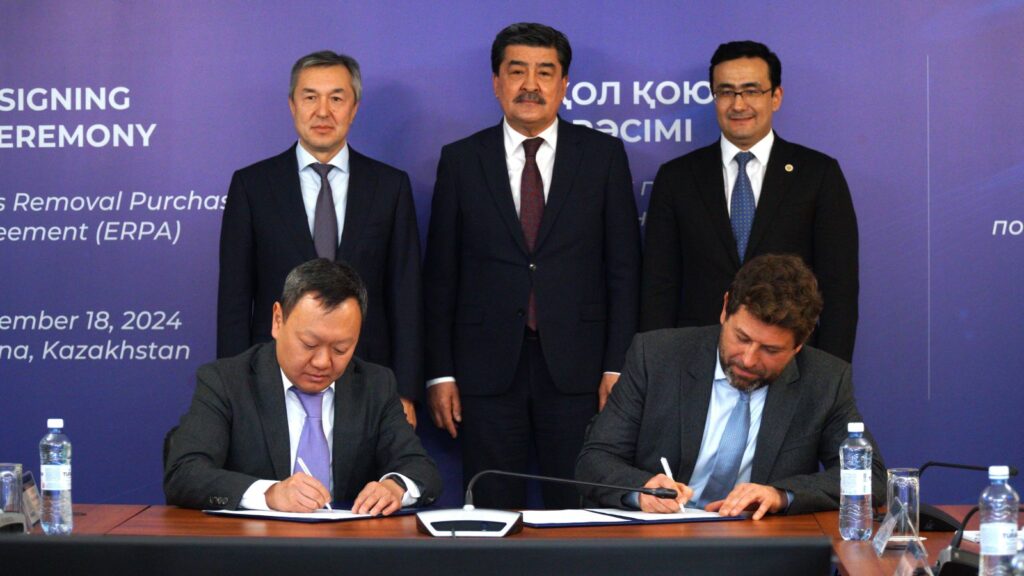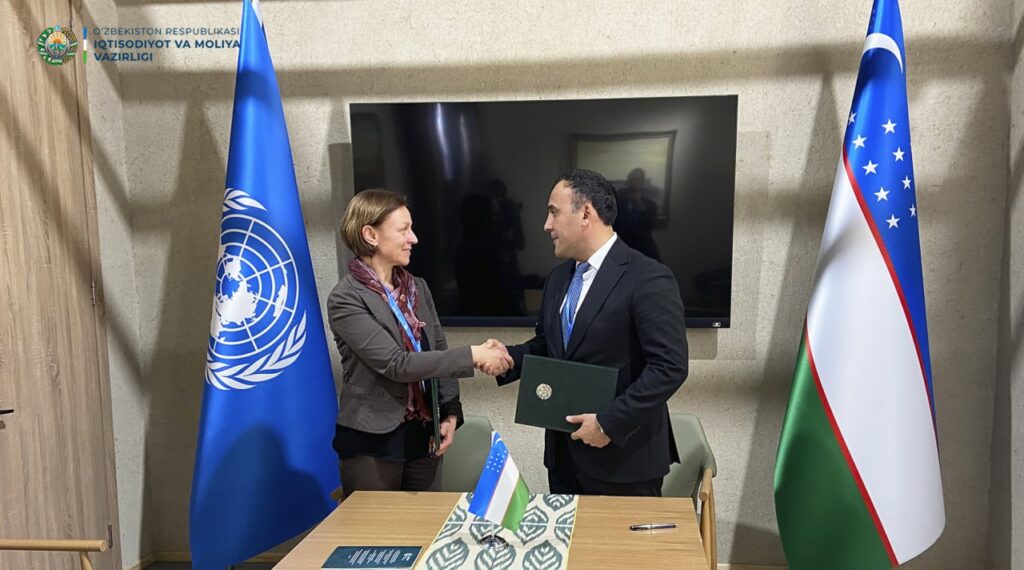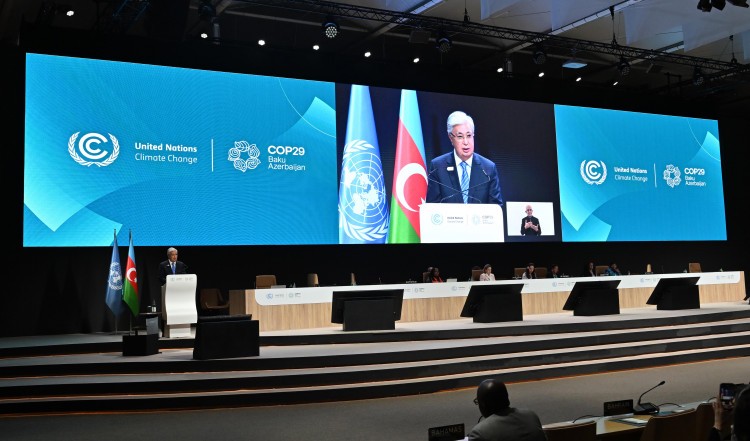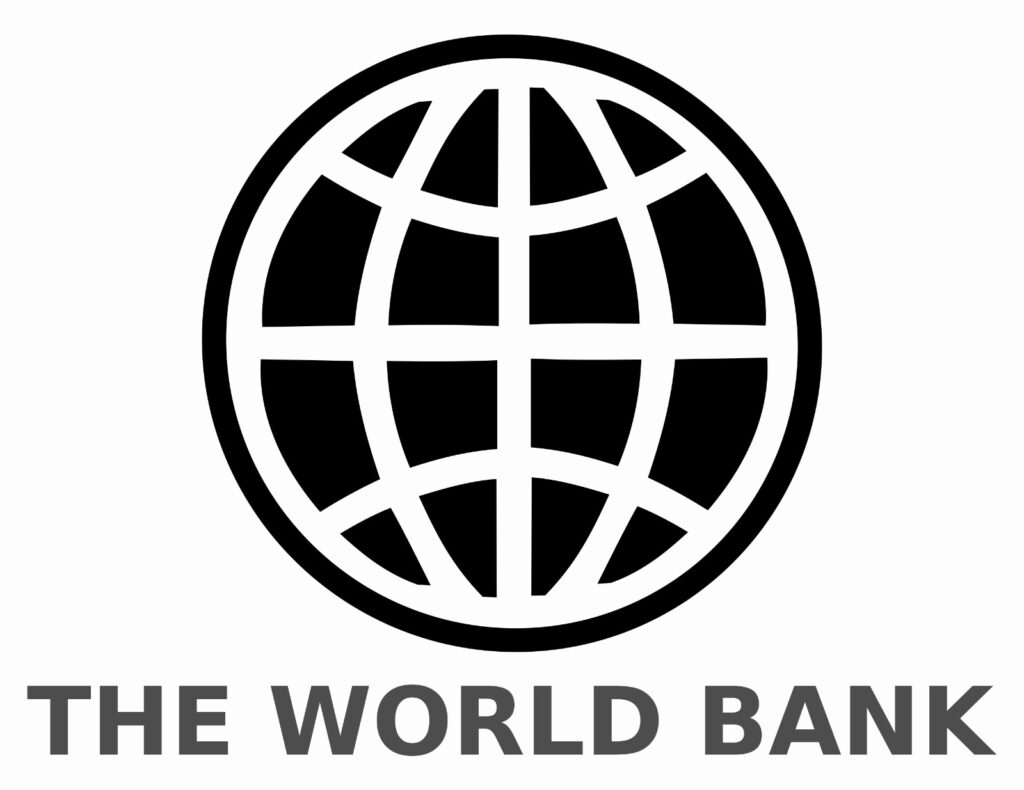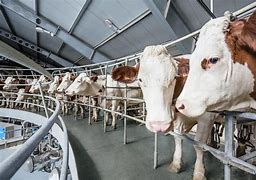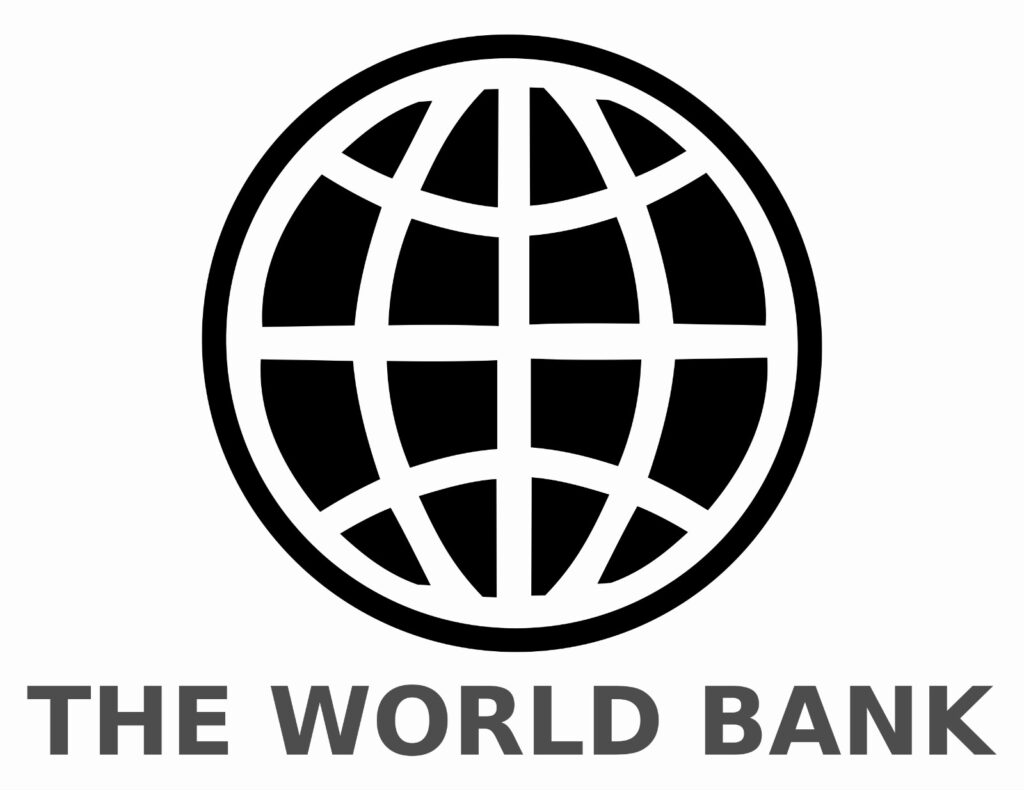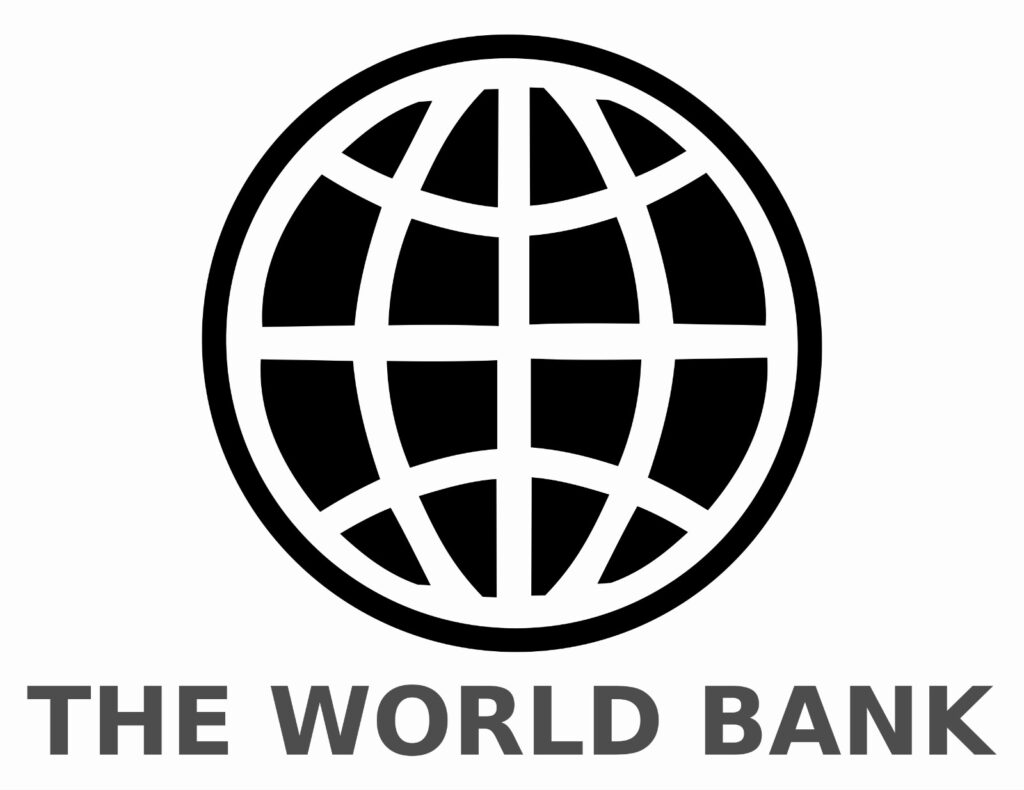On 21 June, it was announced that the Uzbekistan is the first country in the world to receive payment from the World Bank for reducing carbon emissions through a policy crediting program.
The pioneering project known as the Innovative Carbon Resource Application for Energy Transition (iCRAFT) was designed to support Uzbekistan in implementing energy efficiency measures, phasing out energy subsidies, and transitioning to cleaner energy sources.
Under the iCraft project, the World Bank awarded Uzbekistan a $7.5 million grant for cutting 500,000 tons of carbon emissions.
Congratulating the country on this significant achievement, Marco Mantovanelli, the World Bank Country Manager for Uzbekistan, said: “This initiative is the world’s first to leverage climate finance in support of policy reform. The iCRAFT project aims to transition from individual transactions to program-level carbon trade interventions. We are eager to see how this pilot can set a precedent for reforms in other sectors in Uzbekistan and for other countries to follow its example.”
Jamshid Kuchkarov, Deputy Prime Minister and Minister of Economy and Finance of Uzbekistan, highlighted the significance of this climate finance transaction: “The first payment transferred under the iCRAFT Project marks a key step for Uzbekistan towards reducing energy subsidies and achieving cost recovery in the energy sector. It also contributes to the government’s broader efforts for a green economy to foster economic growth and reduce poverty.”
The payment is the first of several anticipated payments under the Emissions Reduction Payment Agreement (ERPA) concluded between the government of Uzbekistan and the World Bank as part of the iCRAFT Project. Under the agreement, Uzbekistan could receive up to $20 million in grants for verified emission reductions or carbon credits generated through its energy subsidy reforms.
Uzbekistan aims to reduce 60 million tons of CO2, with iCRAFT set to purchase approximately 2.5 million tons of CO2. Using systems and processes established by iCraft, the country can sell the remaining carbon credits on international carbon markets.

